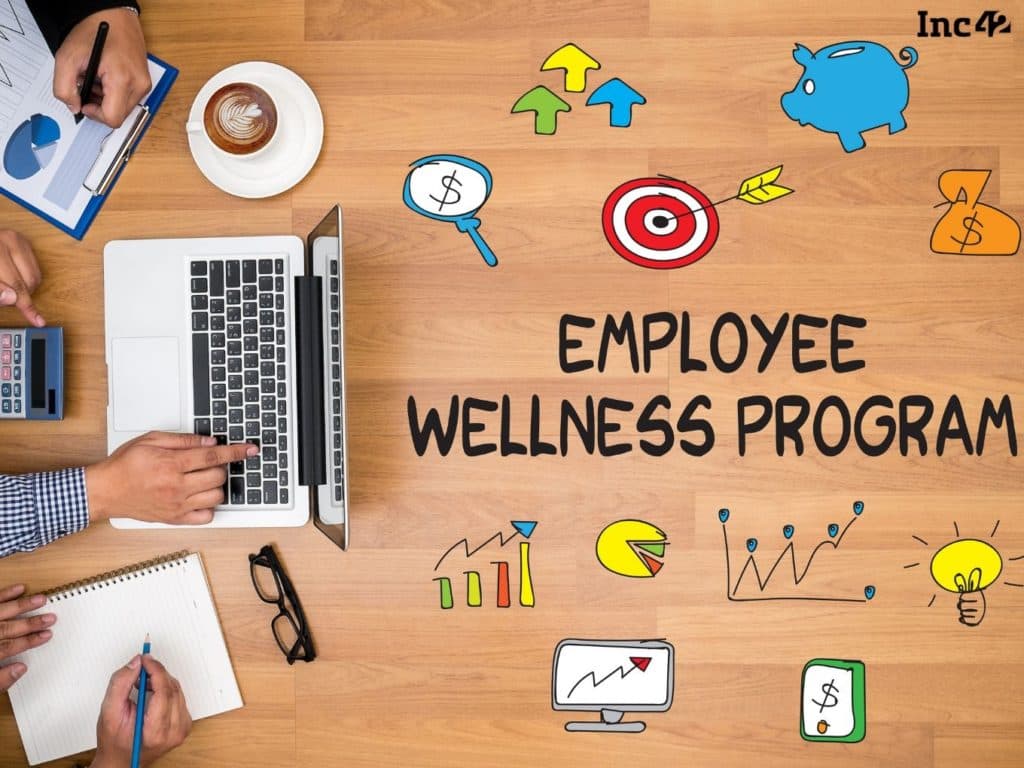The wellness industry has gained real prominence in the modern lifestyle of individuals because of factors such as rising stress levels at a personal and professional level, emphasis on preventive wellness due to high healthcare costs in some parts of the country, and changing behavioural trends that have given impetus to sustainable living. A study by FICCI and EY shows that the wellness industry is expected to reach INR 150K Cr by 2020, fuelled by the consolidation of the previously unstructured market. One of the major components propelling the wellness industry forward is workplace wellness and its implications on the modern workforce.
While food, fitness, entertainment and financial aid have become an important part of workplace wellness, there is still scope to explore the full potential of sleep in corporate wellness programmes. Sleepiness and lethargy at work are becoming major areas of concern for employers. The Great Indian Sleep Scorecard (GISS) 2019, an annual study conducted by Wakefit, revealed that 51% of respondents go to bed between 11 PM and 1 AM on workdays and 80% of people feel sleepy at work 1-3 days a week. Cumulatively, lack of sleep has far-reaching effects on the economic health of an entire country.
A 2016 study by the RAND Corporation showed that because of sleep deprivation, the U.S. bears economic losses of up to $411 Bn a year, while Japan incurred losses worth $138 Bn. While the literature of sleep deprivation in India and its workforce is missing, it can safely be concluded that a well-rested workforce can significantly enhance the bottom line of a company. The need to have a workforce that gets adequate sleep is even more important within the startup community, given the high stress environment that prevails in up and coming companies. With an environment in startups that mandates growth and scale at a break-neck pace, a well-rested workforce can deliver better and more efficient results within working hours.
In this context, taking these simple steps to incorporate sleep wellness at the workplace can significantly impact employee productivity.
- Make napping a virtue, not a vice: A large majority of employees tend to doze off after lunch, at meetings or during the day. This behaviour is considered unprofessional and can have punitive implications. However, looking at it from a different lens and giving employees the space to rejuvenate themselves can greatly benefit the organisation. A study by the University of Colorado at Boulder showed that toddlers who miss a nap are more anxious and have more trouble solving problems than those who nap every day. Experts opine that this is true for adults as well. Napping at work must be encouraged, as long as it is not too frequent and doesn’t exceed a certain time frame. According to NASA, the ideal nap time for workers is 36 minutes.
- Install a nap room conducive to restful sleep: Encouraging short naps is the first step towards making a commitment towards sleep wellness for employees. In order to assert this commitment and show employees that they are truly being cared for, companies should install nap rooms within their workplace to encourage structured naps instead of awkward meeting doze-offs. An ambient nap room with comfortable bedding can rejuvenate employees if they are feeling drowsy or lethargic.
- Conduct workshops on sleep wellness: Monthly or quarterly workshops on why employees should not take sleep for granted will help drive home the importance of sleep. Educating employees about the optimal sleeping hours, the health risks associated with not sleeping properly as well as tips on how to manage work, personal life and sleep time can help people in their endeavour to balance their hectic lives.
- Encourage people to not take work home: The GISS 2019 survey found that 37% of respondents stay up at night working on laptops or smartphones or worrying about work or finances. This number is alarming, as it indicates the poor work-life balance among employees today. It is important for companies to encourage people to increase efficiency at work and finish their day’s work at the workplace itself. Setting expectations and timelines appropriately is also a skill that must be ingrained within employees, so as to avoid burning the midnight oil regularly.
According to the National Sleep Foundation (NSF), people are 12% more likely to die prematurely if they don’t get seven to nine hours of sleep a night. While the modern day lifestyle may not allow for that amount of sleep, companies and individuals can pledge to take simple steps that will help ensure a relaxed and productive workforce. A well-rested workforce will not only deliver results at an optimal level but will also act as ambassadors that value the company for taking into account their holistic.
